Hosted by Claire Musters
This month I’m reading…
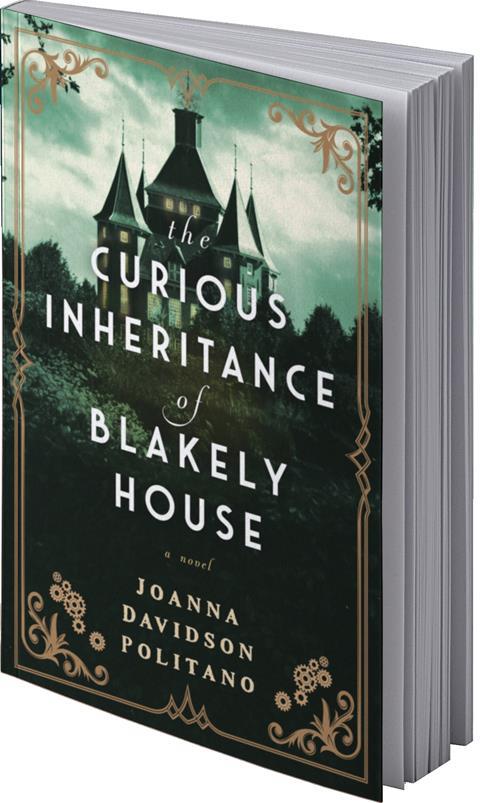
The Curious Inheritance of Blakely House
By Joanna Davidson Politano (978-0800742980, Revell)
Set in 1901, this unusual novel centres around a watchmaker in a curiosity shop based in Shropshire who is called Sydney Forrester. She had been taken in by her Aunt Lottie when her father died (her mother had left the family when she was young). Sydney is brilliant at ‘tinkering’ with all things mechanical, but finds people difficult, so when she is told she has been left a fortune by an unknown great-uncle she had never met (Emmett Sinclair), she is initially overwhelmed. She is told about Blakely House, an estate on an island off the cost of Northumberland, that she is apparently now the heiress of. Initially she shrinks back from the opportunity to visit, but eventually goes and discovers the house is packed full of peculiar inventions – and it seems to be alive. Sydney feels at home immediately and is fascinated by all she sees – especially the intriguing unfinished automaton. But the estate houses many other people, including two supposed contenders for the inheritance who contest the will and make things difficult for Sydney.
Joanna is a Christian author, but matters of faith aren’t introduced that early on. When they are, certain characters speak freely of their relationship with God, especially in relation to the natural world.
Early on in the novel, Sydney says: “Clocks made sense. People seldom did.” Why were you drawn to exploring a character who found it difficult to interact with people?
I’ve danced around personal matters with all my book characters, but this is the first time I delved into the neurodiversity that I and several in my household live with every day. There’s strength in neurodiversity, unique and sometimes incredible talent like a superpower, but the world often sees only the oddness or weaknesses. I wanted to tease out and untangle this tension, both for myself as a reminder and for readers who may not know.
People are always astounded when I tell them I’m a published author, as if that’s pretty special for a stay-at-home mother, but what they don’t see is all the ‘usual’ skills people have that I struggle with. “How does your brain do that?” one friend asked when she read one of my more complex mysteries. Of course, when I looked at her effortlessly organised house and watched her give announcements on stage at church, I wanted to ask her the same thing.
We also see Sydney having to deal with customers in the shop who want their clocks mended by a man, and those she meets at the house also expected her to be a man. How intentional were you at subverting the ‘norms’ of that time through your female protagonist?
I don’t think I meant to make a statement with this aspect of the book, but more to be historically accurate. I blended societal norms (male-dominated industry) with my characters’ insecurities (being less-than, not good enough) and let the story tell itself. She’s always wanting to prove herself, and it’s even more of a setback when she finds out there are men vying to inherit the estate, and they seem vastly more qualified. Does she dare try to assert her claim on it?
When Sydney first hears about the inheritance, she is told: “There’s far more to Blakely House than clocks” and, indeed, your descriptions of it really do make it seem like it is alive. What did you have in mind when making the house the centre of the action in this way?
One of the most intriguing characters to me was the one who wasn’t physically there – the late owner of the house, Emmett Sinclair. His personality kept leaking into the book, though, so I let the house sort of take on a lot of his traits. The place is quirky, interesting, always unexpected, overlooked and underappreciated, and completely isolated so that people have no idea what sort of brilliance is off by itself on that little island. But anyone who ventures close finds rare beauty as well as innovation of untold value. They’d also find a welcome, no matter their station or their past. That was Emmett Sinclair – and thus, his Blakely House.
Early on, Sydney recognises her “oddness” and “otherness” – what was the journey that you wanted to take her and us readers on as she began to explore this further?
Our focus tends to be quite small as humans, narrowed in on what is right before us, affecting us, surrounding us. The details of our lives are important, but they’re not the point. When I wrote this book, I was suffering from neck pain because I’d spent several years looking down – at babies, at my writing, at books I read. Life in this season is full of the urgent, and also the precious – these were all good things claiming my focus! Yet my chiropractor’s diagnosis echoed into the deeper places of my heart: you’re spending too much time looking down. The gifts are never the point – the giver is. The creation is not the point – it serves to tell us about the artist. I was too busy enjoying God’s gifts to really sink into enjoying the giver himself.
We often get lost in some aspect of creation – be it our work and our place in the world, what others think of us or overanalysing our flaws and strengths. One of my favourite accidental realisations in the book came when Sydney began understanding Emmett, and thus his creation. That was the first step in her arc. A clock might not tell time at Blakely House, because Emmett often took clocks apart and repurposed them for a larger, more interesting and unique purpose. And his non-working inventions were merely projects that weren’t yet finished. Sydney began to see herself in that light, and then the second part of her arc came when she actually looked up instead of in, and the glory of the creator began to eclipse the created. Then her focus was off herself entirely and on God as creator and artist.
To be honest, there’s a lot of symbolism in this book that I didn’t intend or create myself – I simply told the story God invited me into, nudged the characters to life, and God wove deeper truths into the storyline. It was only in the editing process that I even saw some of the connections between Emmett the inventor and God the creator, the gadgets and God’s creation, Emmett’s invitation to know him and a lot of other symbolism. I feel like I had a front row seat to the unfolding story, as is the case with each book. I hope readers mine the depths for whatever God has laid between the lines.
In the author’s notes you mention that faith doesn’t appear until later in the book but you do weave it in as Sydney struggles with her own sense of brokenness (that is her reason for not accepting God) but is then drawn deeper into the adventure and mystery and has to have the courage to step out. You include faith in all your stories, so why do you think it happened slightly differently in this book?
God isn’t a God of formula, so when you put yourself in his hands your art never looks the same twice. Readers come to expect a certain style from familiar authors, though, so for those expecting a story wrestling with deep spiritual questions from the start, I wanted them to understand that this one looked a little different, but still had the same heart behind it. The later spiritual arc also fit with the story, since faith wasn’t really on the heroine’s mind in the beginning – just the riddles she was trying to solve. It wasn’t until she realised faith coincided with her riddle-solving, analytical, scientific mind, rather than being in opposition to it, that her mind was blown open and it entered her story in a meaningful way.
Joanna Davidson Politano on: The books that have changed my life
The Cost of Discipleship by Dietrich Bonhoffer
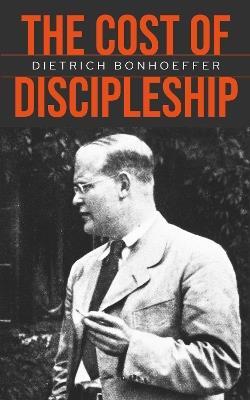
This book was written by a man who died for his faith. Knowing the cost he’d actually paid for his faith gave a different emphasis to his words. His humility struck me the most, then his intelligence and wisdom. He was a great example of how faith should be lived out.
A Tale of Two Cities by Charles Dickens
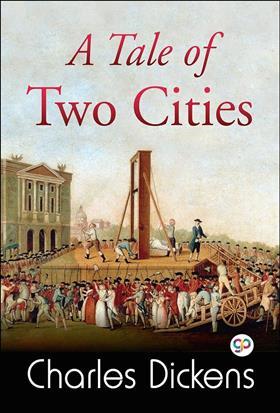
I love books that can change my mind so completely about a character. In this novel, the most selfish, brutish character ends up making the most incredible sacrifice, and I couldn’t get it out of my head. The reverberating theme from it was something between the redemption of the most lost and never assuming anything about a person – even those who’ve proven to be the worst.
The Water Keeper by Charles Martin
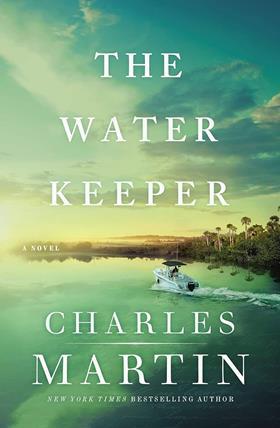
Martin’s books never fail to move me, but this book (and this series) echoes in my mind still. The simple theme, love always comes through, is powerfully enacted many times over, and often in surprising ways. Wonderfully drawn characters and an evocative storyline make for an unforgettable read.














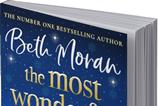


















No comments yet